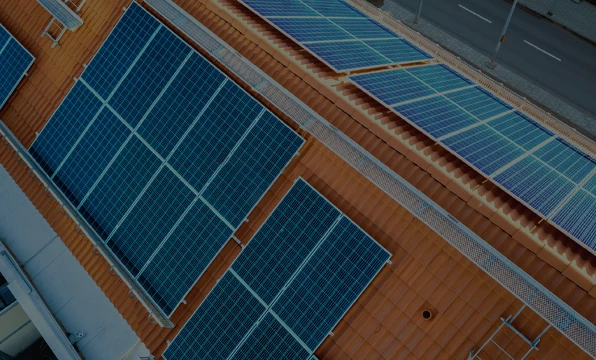With its excellent performance advantages, lithium batteries have gradually replaced traditional lead-acid batteries and nickel-cadmium batteries and are widely used in various electronic devices and new energy vehicles. The following are the main advantages of lithium batteries:
1.High energy density
The energy density of lithium batteries is much higher than that of traditional batteries. The energy density of single cells can reach 350Wh/kg, and lithium iron phosphate batteries can also reach 250Wh/kg. This means that at the same volume or weight, lithium batteries can store more electricity to meet the equipment's demand for endurance.
2.Long cycle life
Lithium batteries have a long cycle life, ternary lithium batteries can reach 1000-2000 times, and lithium iron phosphate batteries can reach more than 3000-4000 times. This greatly reduces the frequency and cost of battery replacement and improves the efficiency of equipment use.
3.High power output
Lithium battery design can achieve high power output, and the discharge rate can reach 5C or even 15C, which is suitable for occasions that require fast charging and discharging, such as starting and accelerating electric vehicles.
4.Low self-discharge rate
The self-discharge rate of lithium batteries is extremely low, usually less than 1%/month, which is much lower than 1/20 of that of nickel-metal hydride batteries. This means that even if it is not used for a long time, the battery can maintain a high power level and is convenient for use at any time.
5.Lightweight
At the same volume, the weight of lithium batteries is about 1/5 to 1/6 of that of lead-acid batteries. This makes lithium batteries an ideal choice for portable devices and electric vehicles, helping to reduce overall weight, improve portability and energy efficiency.
6.Environmental protection characteristics
Lithium batteries do not contain toxic and harmful heavy metal elements such as lead, mercury, and cadmium. The impact on the environment during production and use is small, which meets the requirements of green environmental protection.
7.Strong adaptability to high and low temperatures
Lithium batteries can work normally in an environment of -20℃ to 60℃. After special process treatment, they can even be used in an environment of -45℃, adapting to various complex working conditions.
In summary, lithium batteries have become the preferred power source for modern electronic products and new energy vehicles due to their advantages such as high energy density, long life, high power output, low self-discharge rate, lightweight, environmental protection and wide temperature adaptability, and have promoted the rapid development of related industries.
 +86 13332949210
+86 13332949210 info@xihobattery.com
info@xihobattery.com







 Xiho
Xiho Apr 11 2025
Apr 11 2025











